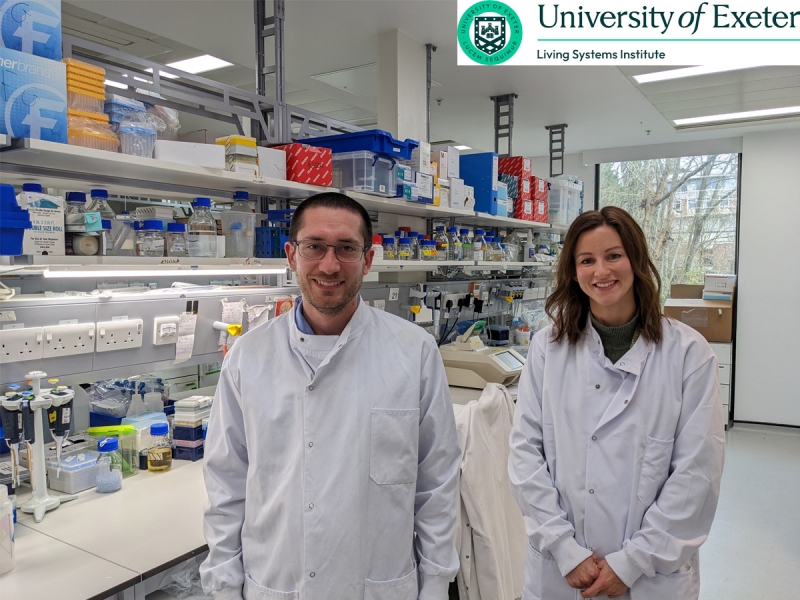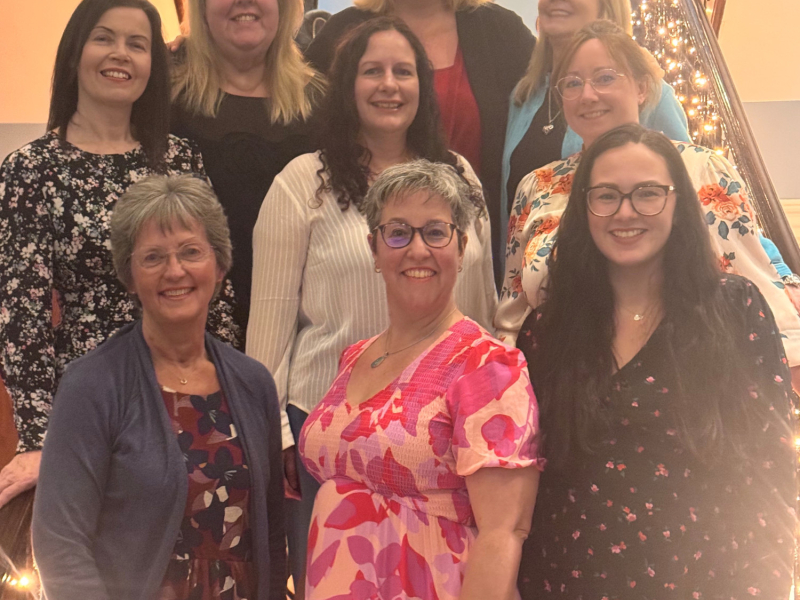New ways to treat NF1 tumours with existing drugs
20 April 2023
NF1 is one of the most common inherited diseases, affecting 1/3000 people worldwide. Despite a long history of research, there is currently only one available drug used in the clinic to treat NF1 tumours, which does not always work and can cause side effects.
We are working with Nerve Tumours UK to solve this problem and find new ways to treat NF1 tumours. This research is being performed by Dr. Megan Stevens and Prof. Benjamin Housden at the Living Systems Institute, University of Exeter, UK. (www.exeter.ac.uk/research/livingsystems).
A major problem in drug discovery is that drugs found in research labs often fail when tested in people. This is either because they cause side effects and are not safe for use or they simply don’t work as expected when tested in people. Over the past few years, we have been working on new ways to find drugs in the lab that have a higher chance of being safe and effective when used in the clinic.
A standard way to find new treatments for disease is to grow cells from patients with that disease in the lab and test many thousands of drugs on those cells to see which produce a positive effect. In the case of NF1 tumours, we would look for drugs that kill the tumour cells but that do not kill healthy cells from the same patient.
However, previous research has shown that drugs that work in cells in the lab do not necessarily work in people. Studying such drugs wastes a lot of time and delays the development of effective treatments. We take a different approach to find effective drugs. Instead of using human cells, we use cells from fruit flies. Fruit flies have been used for over a hundred years to study biology and many findings using these insects have resulted in new understanding of how human bodies work as well as how to treat disease. We grow fruit fly cells carrying mutations in the NF1 gene and use these to test existing drugs. At the same time, we test the drugs in healthy fruit fly cells and search for those that kill the NF1 mutant cells but have no effect on the healthy cells. Once we have found drugs that behave in this way, we move on to test them in human cells.
By using this approach, we can find drugs that work in two very different types of cells. Any drugs that only work in one type of cell are unlikely to be effective in the clinic. Our approach allows us to filter out all of the drugs that only work in some types of cell and the remaining drugs have a much higher chance of working when used in the clinic to treat NF1 patients. Our approach also involves focusing on existing drugs that are already used to treat other diseases. The advantage of this approach is that we already know these drugs are safe and so we can establish a new treatment for NF1 tumours much faster than if we were developing new drugs.
This work is still in progress but we have already found two existing drugs that are known to be safe for use in people. Both of these drugs kill NF1 tumour cells from fruit flies but do not kill healthy cells. In addition, both drugs work the same way in tumour cells from several human patients with NF1 tumours or MPNST tumours. These exciting results highlight the clinical potential of these drugs to treat NF1 tumours in patients.
We are now working with Nerve Tumours UK to develop these drugs towards clinical trials. From this work, we hope to bring benefit to NF1 patients in the near future by providing safe and effective treatments for NF1 tumours as well as MPNST tumours.
We would like to thank Nerve Tumours UK for their support and funding as well as the Medical Research Council (grant: MR/ V009583/1).
Research update
Inhibition of autophagy as a novel therapy for the treatment of NF1 tumours. We generated a Drosophila cell model of Neurofibromatosis type 1 and used this to search for potential drugs to treat tumors. We show that chloroquine treatment has a clear selective effect on tumor cells across multiple cell culture and in vivo model systems.
Filter News
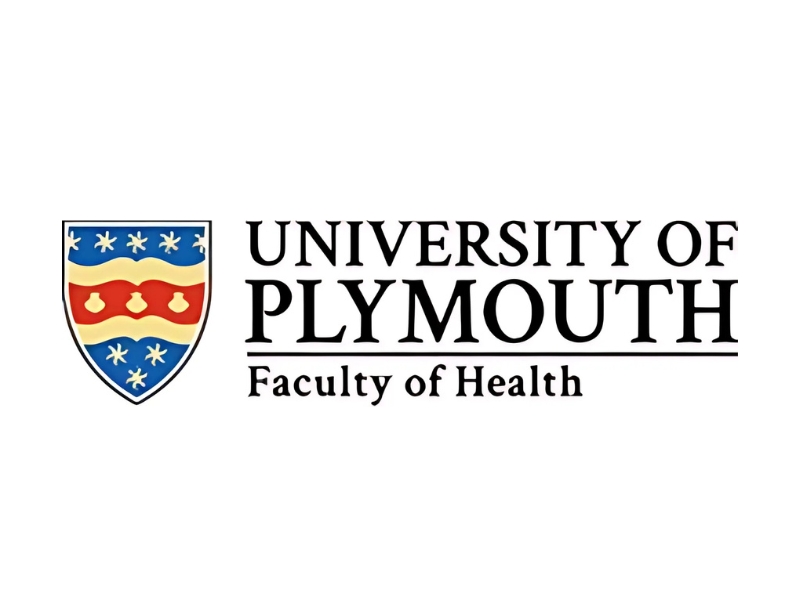
Repurposing anti-retroviral drugs to treat NF2 related tumours Retreat Study
Join a brand new study treating tumours in NF2 patients.
Read More
Be Kind and Be Brave
December Coffee Club at Guy's and St Thomas' - A Christmas Karma Special Screening
Read More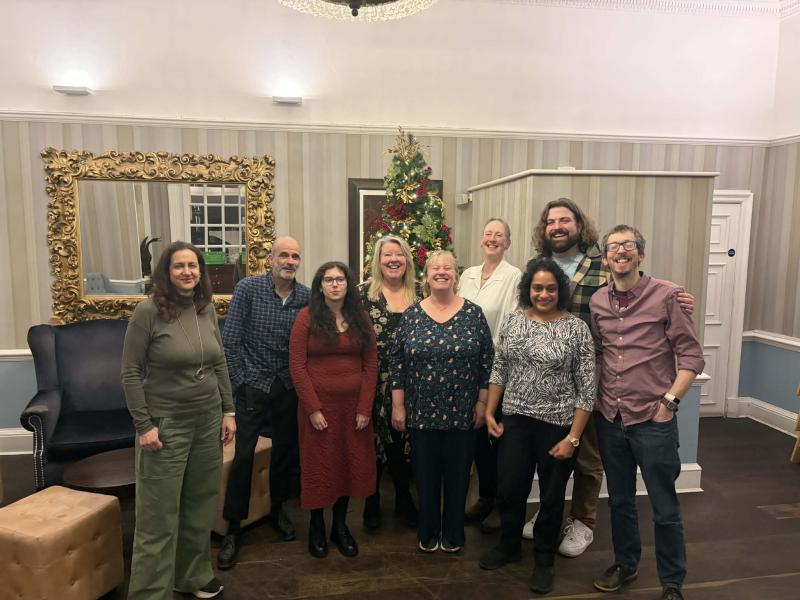
Christmas Message from the NTUK Head Office Team
Happy Christmas from all of us at Nerve Tumours UK
Read More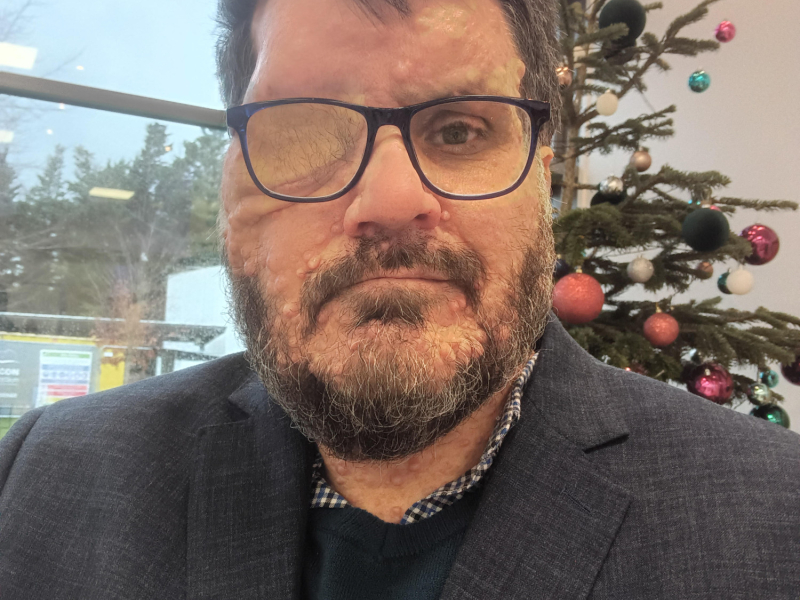
Oliver Bromley - Reflections of 2025 - Outlook to 2026
“Looking back, looking forward – A year in the life of the NF community”
Read More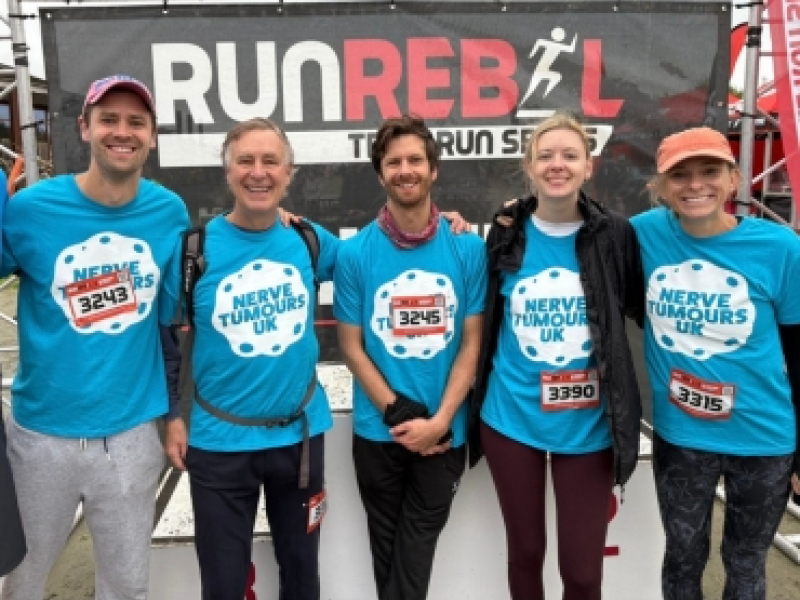
Chair, Richard Goode and family brave the West Wittering 10k
Richard Goode, Chair of the NTUK Board of Trustees, and his family took on the Wittering Beach 10k
Read More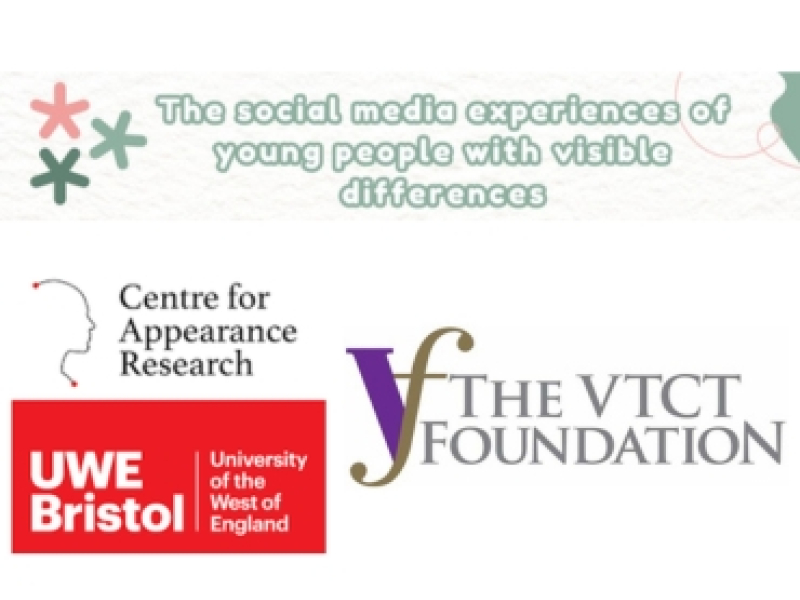
CAR: Social media experiences of young people with visible differences
Young people with visible differences discuss the positive and negative aspects of using social media - find out more
Read More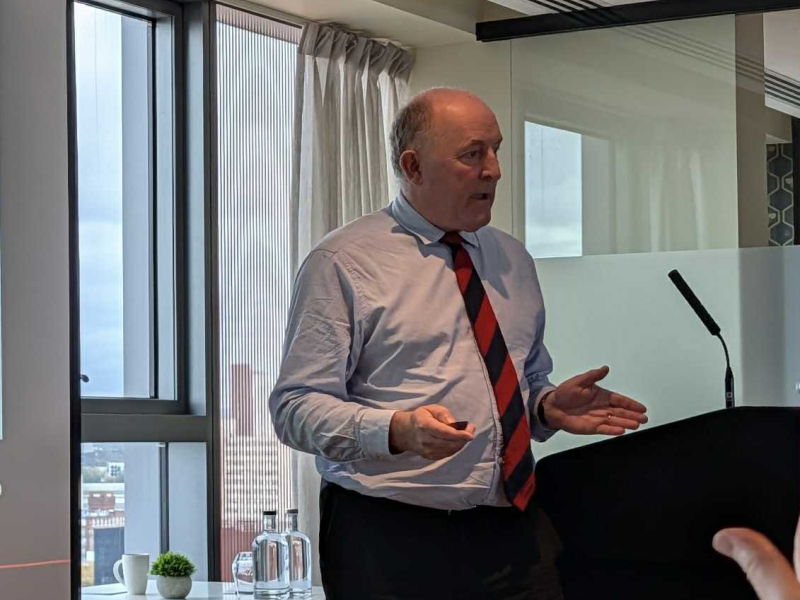
National NF2 Meeting 2025
On Tuesday 4th November, the NF2 clinical community and national charities gathered in Manchester for the biannual meeting.
Read More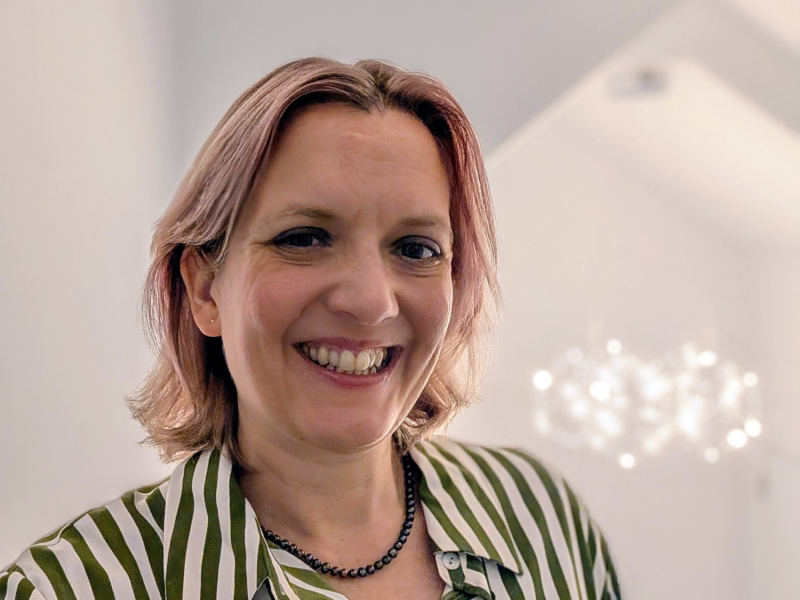
Juliette Buttimore joins our Medical Advisory Board
Juliette Buttimore, Nurse Consultant, specialising in NF2-related schwannomatosis and skull base conditions
Read More
